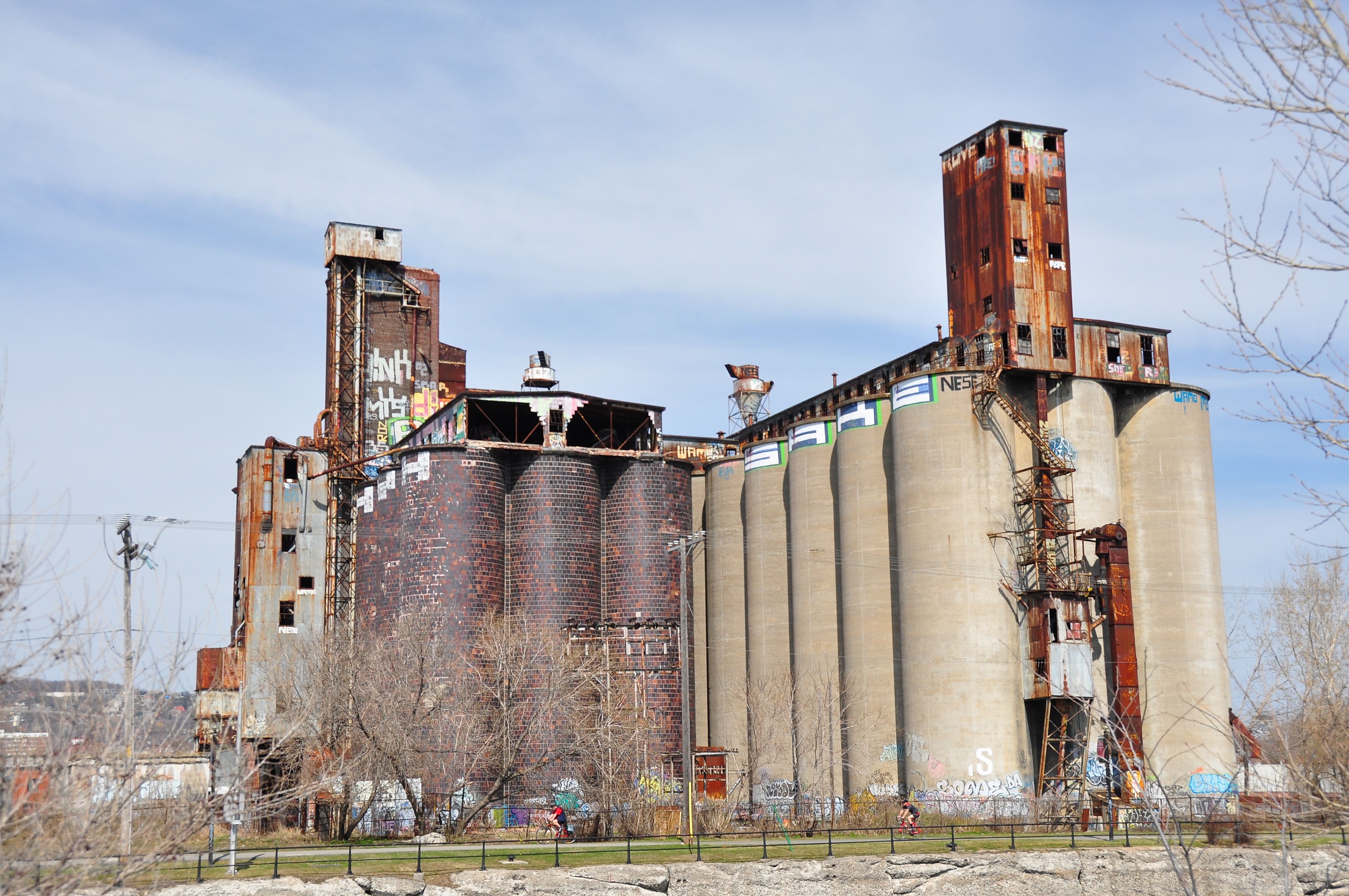Like this article? rabble is reader-supported journalism. Chip in to keep stories like these coming.
On May 8, the Front d’action populaire en réaménagement urbain (FRAPRU) began a week of occupations and demonstrations across Quebec to demand recognition of the right to housing for all and to protest government inaction on the development of new social housing projects.
FRAPRU, in partnership with various community organizations, planned 17 actions, including four occupations and three demonstrations, in Montreal, Quebec City, Sherbrooke, Gatineau, Trois-Rivieres, Rouyn-Noranda, Rimouski and Longueuil.
“We’re occupying buildings in these cities and towns to demonstrate that we don’t lack buildings or space for the creation of new social housing projects…we lack money. And who has the money? The government,” François Saillant, FRAPRU’s coordinator, told rabble in a telephone interview.
Starting at 2 p.m. on May 8, FRAPRU members led dozens of protesters from Lionel-Groulx Metro station to set up camp on a vacant, federally owned lot in the Southwest of Montreal at the foot of the old Canada Malting Company plant. The building’s owner had planned to turn the building’s silos into condos, but community organizations and locals pressured the Southwest borough to prevent it in 2013.
On May 12, the remaining occupiers held a series of public activities before handing over their symbolic “tent of the poorly housed” to protesters in East Montreal, who began their occupation that day.
An occupation in Montreal’s Villeray neighbourhood will take place on Saturday.
FRAPRU hopes that the occupations will pressure Quebec to commit to building 50,000 new social housing units in five years, with funding from Ottawa. FRAPRU is also pressuring the federal government to invest $2 billion for the creation of new social housing units and to maintain federal subsidies for tenants living in existing social housing. Canada has not invested in long-term social housing since January 1994, when the government froze the Canadian Mortgage and Housing Corporation’s budget at $2 billion per year.
Social, not affordable, housing
On March 23, the United Nations released a report declaring a Canadian “housing crisis.” The UN criticized the “absence of a national housing strategy, the insufficient funding for housing, the shortage of social housing units,” and urged an increase in social housing alongside the development of a human-rights based national housing strategy.
During the election campaign period in 2015, the Liberal Party released Policy Resolution 162, which promised a long-term, national housing strategy. In the wake of the critical UN report and the release of the Budget 2016 at the end of March, the Liberals announced the federal government would begin to develop this strategy.
Saillant explains that FRAPRU’s occupations this week are as much about demanding an increase in federal investment as they are about framing the national housing strategy. “We have the opportunity to ensure two things: first, that this strategy is based on a human rights approach, in particular on the recognition of the right to housing for all,” Saillant told rabble. Secondly, Saillant says that FRAPRU “wants the Canadian national housing strategy to include major investments in social housing, and not so-called ‘affordable’ housing.”
“Social housing” refers to government subsidized rental housing, while “affordable housing” is a broad term that refers to any private, public, or not-for-profit shelter that costs less than 30 per cent of the dweller’s before-tax income. The budget 2016 does not allocate funds specifically for the building of new social housing units; the majority of the planned $2.3 billion investment in housing is reserved for “affordable” housing.
“Affordable housing is kind of a weasley catch-all phrase they use more and more to describe, well, we’re not sure what. Everything is affordable to somebody, it depends on how much you’re earning,” Sasha Dyck told rabble. Dyck is resident of Montreal’s Parc-Extension neighbourhood, the poorest neighbourhood in Montreal, and ran for Montreal City Council in 2013 on a social housing platform.
“The government will say, for example, that a condo project of more than 200 units needs to have 15 per cent of the units be social housing and 15 per cent of them to be affordable. We know what ‘social’ means, but the definition of affordable housing is unfortunately very flexible. Most of these units are simply not affordable for the people who live nearby,” Dyck explained.
Special thanks to Simon Gonzalez Godoy for help with translation.
Sophia Reuss is a Montreal-based writer, editor, and is a recent graduate of McGill University. She’s interested in how online media and journalism facilitate public accessibility and conversation. Sophia also writes and edits for the Alternatives International Journal. She is rabble’s news intern.
Image: Flickr/Abdallahh



